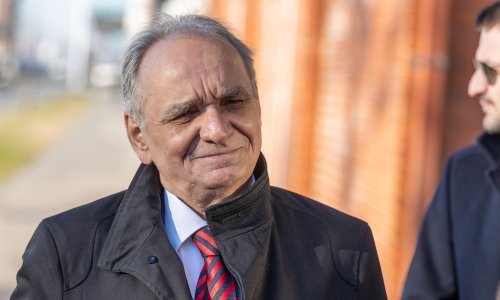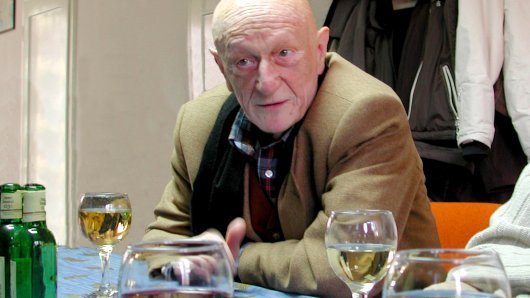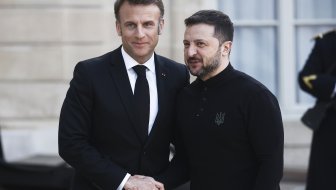The Deputy Speaker of Parliament, Vladimir Seks, said on Tuesday that Prime Minister Jadranka Kosor learned about the indictments issued by Yugoslav military prosecutors against 44 Croatian citizens from the media on September 21.
He dismissed as untrue the statements by some politicians that Kosor knew about the indictments before and that they were being used for campaign purposes.
"Those are untruths and speculations," Seks said at an hour-long press conference in Zagreb.
Former interior minister Ivan Vekic announced at a press conference on September 21 that he had been served with an indictment from Serbia at the Municipal Court in Osijek the previous day.
"It was then that the prime minister learned that the indictments had arrived at the Croatian Ministry of Justice from Belgrade and that they had been forwarded to the Osijek Municipal Court," Seks said.
"The question is why the Croatian Ministry of Justice did not notify Prime Minister Jadranka Kosor and the government of the indictments on August 10 when it received them, and why it did not notify those concerned when it forwarded the indictments on September 14," he added.
When asked to comment on statements by the Vice-President of the Independent Democratic Serb Party (SDSS), Milorad Pupovac, about the indictments, Seks said that his statements were "totally untrue", especially the one that Croatian Justice Minister Drazen Bosnjakovic and his Serbian counterpart Snezana Malovic had reached an agreement on the issue. "No such agreement was reached," Seks said.
Seks would not say whether he thought that Justice Ministry officials should be held to account for omissions regarding the indictments.
When asked whether Minister Bosnjakovic had known about the indictments when he met Vekic in Osijek on September 20, Seks said that Bosnjakovic had gone to Osijek without the knowledge of Prime Minister Kosor to reassure Vekic and to make sure there was no trouble from his followers. He said that Bosnjakovic should be asked when he found out about the indictments.
Seks was also asked about the purpose of a law that would declare null and void the legal acts and decisions of the now defunct Yugoslav People's Army (JNA), the former Yugoslav federation and the Republic of Serbia relating to the 1991-1995 war in Croatia. He described Serbia's attempt to serve the indictments, issued by the JNA Prosecutor's Office on August 10, 1992 against 44 Croatian war veterans, including him, Vekic, Branimir Glavas and Tomislav Mercep, as "a kind of judicial aggression".
"I'm not important here," Seks said, adding that the veterans were by his side. He said that the indictments placed Vukovar, a symbol of the defence of Croatia, in the context of genocide and that the defenders of Vukovar were charged with genocide. He said that the purpose of the indictments was to cause unrest among the Vukovar veterans.
Speaking of the proposed law to declare the decisions of the Yugoslav and Serbian authorities relating to the Homeland War null and void, Seks said that by adopting such legislation Croatia should, together with other countries of the former Yugoslavia, exert pressure on Serbia to withdraw the provisions of a 2003 law relating to the organisation and jurisdiction of state institutions for war crimes prosecution. He said that the EU should also exert pressure on Serbia because a European country that aspires to EU membership claims prerogatives that no EU member has.
Seks said the law would be passed also because the Serbian War Crimes Prosecutor's Office had failed to observe the agreement with the Croatian Public Prosecutor's Office (DORH) in this case. Under that agreement, Seks was to have given a deposition to the DORH and if it found there were grounds for criminal proceedings against him, it would have launched such proceedings.
Seks said that Serbia had never issued a warrant for his arrest.


































